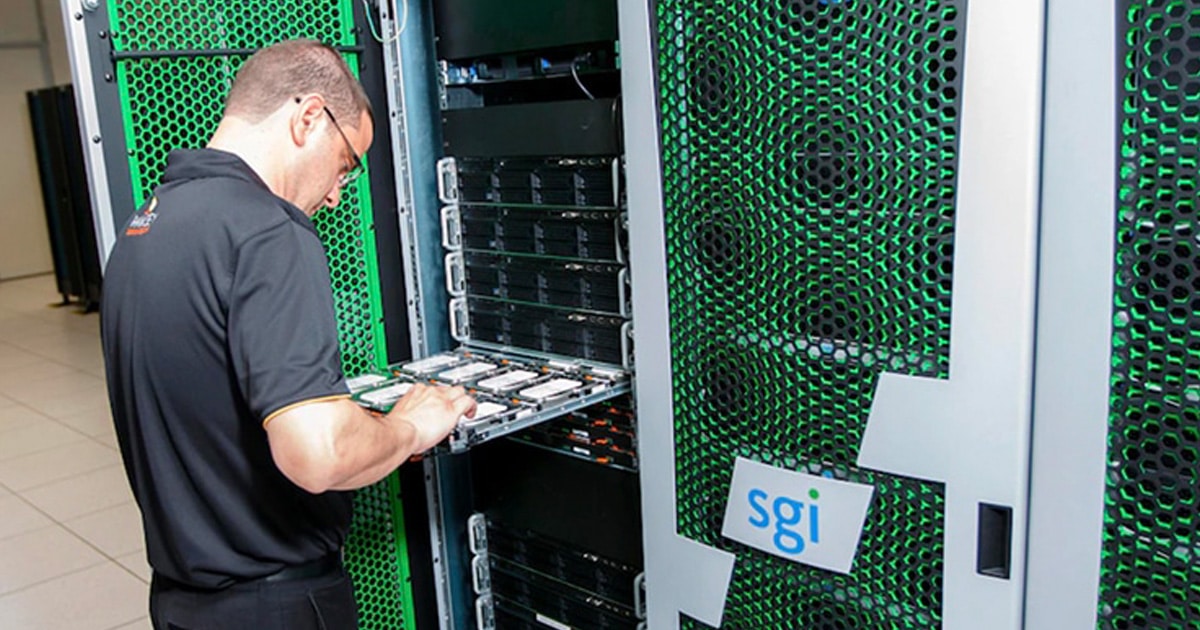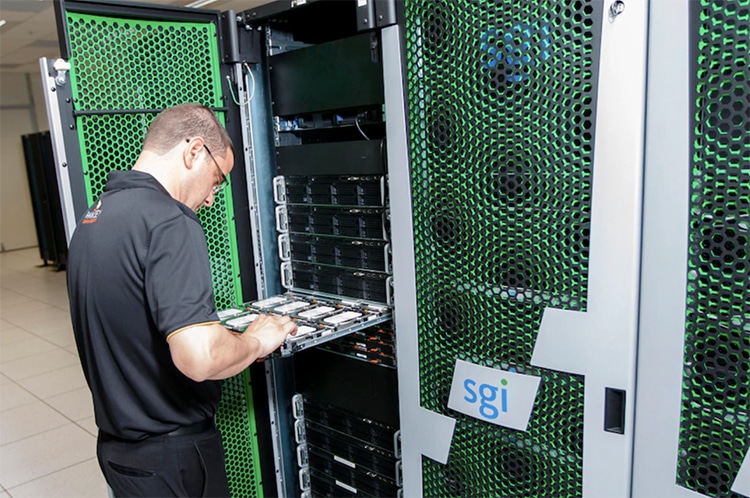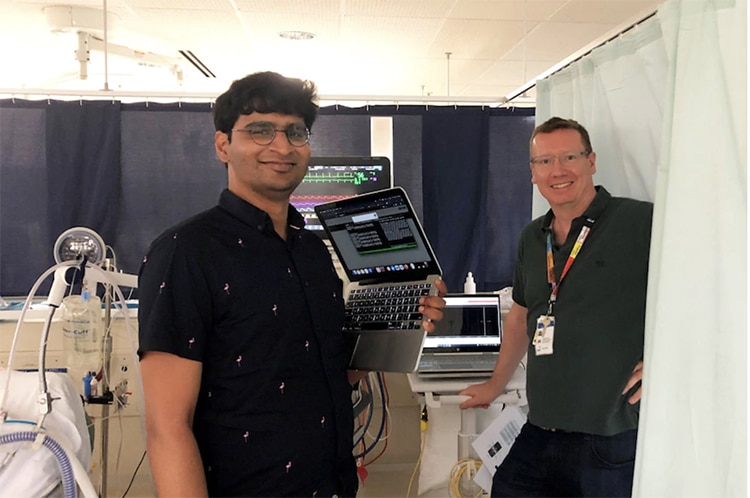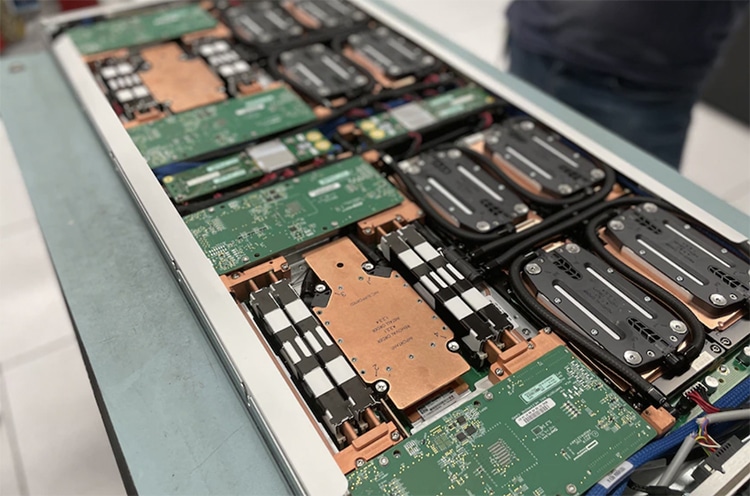
[ad_1]

The Setonix supercomputer. (Image: Pawsey Supercomputing Investigation Centre)
A individual in the intensive treatment device (ICU) can deteriorate quickly. Health professionals could have minimal to no warning in advance of equipment ping, worry sets in, and a affected individual faces irreparable damage or death from a brain bleed. Numerous instances these crises have been unattainable to predict. Details researchers have now mixed efforts with the Pawsey Supercomputing Analysis Centre in Australia to create a supercomputer which can operate an algorithm that predicts—in genuine-time—impending potential risks to individuals. This innovative technique has the likely to give physicians and staff as substantially as a 20-moment warning to avert catastrophe.
Shiv Meka, Royal Perth Hospital’s head of knowledge science, started developing the algorithm by amassing 40,000 hours of affected person data from 200 patients at Royal Perth Clinic, Alfred Medical center, and Royal Melbourne Medical center. They tried out 20 distinctive styles to locate the predictive precision essential. Educated on the data established collected by Meka, the last algorithm can just take into account a lot of streams of info coming from a patient to set off an inform if important. The notify enables medical practitioners to choose what care a individual may well need to have to reduce a disaster.
This information use is produced feasible by a partnership with the Pawsey Supercomputing Study Centre. Their Setonix supercomputer is deemed the 15th most impressive supercomputer in the world. The significant quantity and pace of the facts enter are largely unprecedented in computing, but it was a normal match for these personal computers, which have been applied across the realms of science.
The algorithm will with any luck , assist steer clear of terrible outcomes for quite a few of the 2,000 individuals in Australia suffering from traumatic mind injuries in ICUs throughout Australia on a yearly basis. “We do wonderful science at the amount of the universe with astronomers using advanced telescopes, developing insights into our universe — but this is proper down to human scale,” says Pawsey Supercomputing Analysis Centre govt director Mark Stickells. “Increasingly, professional medical science has been informed by advancements in computing, device understanding and synthetic intelligence.”
Combining big facts and supercomputing, a clinic in Australia has designed a predictive system to intervene in advance of clients working experience traumatic sudden mind bleeds.
The algorithm really should warn doctors about 20 minutes in advance of a disaster so that they can intervene.


The scientists Shiv Meka and Robert McNamara are making an attempt to increase individual results with pcs and algorithms. (Photo: Pawsey Supercomputing Exploration Centre)
h/t: [ABC Australia]
Relevant Articles or blog posts:
Surgeons Use Digital Actuality To Individual 3-Calendar year-Aged Conjoined Twins With Fused Brains
Counselors Are Urged To Take the Demise of Their Clients’ Animals Far more Seriously
New Zealand Passes Legislation That Bans Cigarettes for Long term Generations
ALS Ice Bucket Challenge Assisted Fund a New Drug for Remedy
[ad_2]
Source hyperlink







Leave a Reply